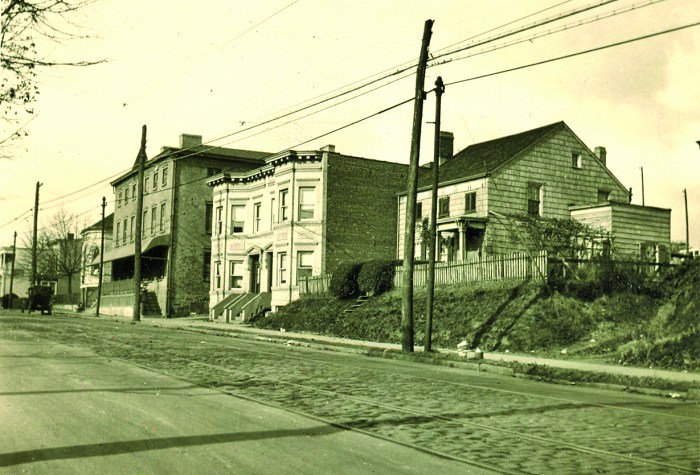If you call the Ezras Nashim ambulance service in Borough Park, a team of female Hasidic Jewish volunteer EMTs will rush to your aid.
Hasidic women are taught to be modest, unable to touch men who aren’t family. But when they call Hatzolah, the Hasidic volunteer ambulance corps, a group of men arrive on the scene. Rachel “Ruchie” Freier, a Hasidic lawyer — and eventual judge — spearheaded Ezras Nashim because she wanted to give women the opportunity to be assisted by other women in emergencies, especially childbirths.
A new documentary, “93Queen,” which is now playing at IFC Center, follows Freier as she battles opposition from members of the community who believe that women should not work outside the home. Freier and a team of other Hasidic women built the organization themselves, ultimately earning recognition at the city and state levels.
“It struck me that this was a group of Hasidic women who were not taking no for an answer,” said filmmaker Paula Eiselt, who spent six years documenting the women after she noticed them mentioned in an online Orthodox news publication.
Eiselt — who will be joined by Freier for Q&As at select IFC Center screenings — wouldn’t take no for an answer, either. Many members of the community were wary of the media, she said, because portrayals of Hasidim are often negative.
“Let’s break the cycle, let’s engage,” Eiselt said she told Freier. “If you don’t agree with the way you’re being represented in the media, you gotta show the world something else, because how else can you expect to show the world a different perspective?”
Eiselt pushed to gain access to the community, with success in part because she is an Orthodox Jew, “able to straddle both the secular world and the religious Jewish world,” she said. Eiselt filmed the documentary almost entirely alone, using a single inconspicuous camera. She built intimate relationships with the women she filmed and has become a frequent attendee of Hasidic weddings.
Eiselt said that she hopes the film will change people’s perceptions of the Hasidic community while empowering Hasidic women to expand the possibilities of what they can achieve. But Freier and her colleagues opened doors for Eiselt, as well.
“I’ve been really inspired by the tenacity of these women, and it gave me the strength to continue on with the film,” she said. “If these women can persevere this, I will get the film done.”































